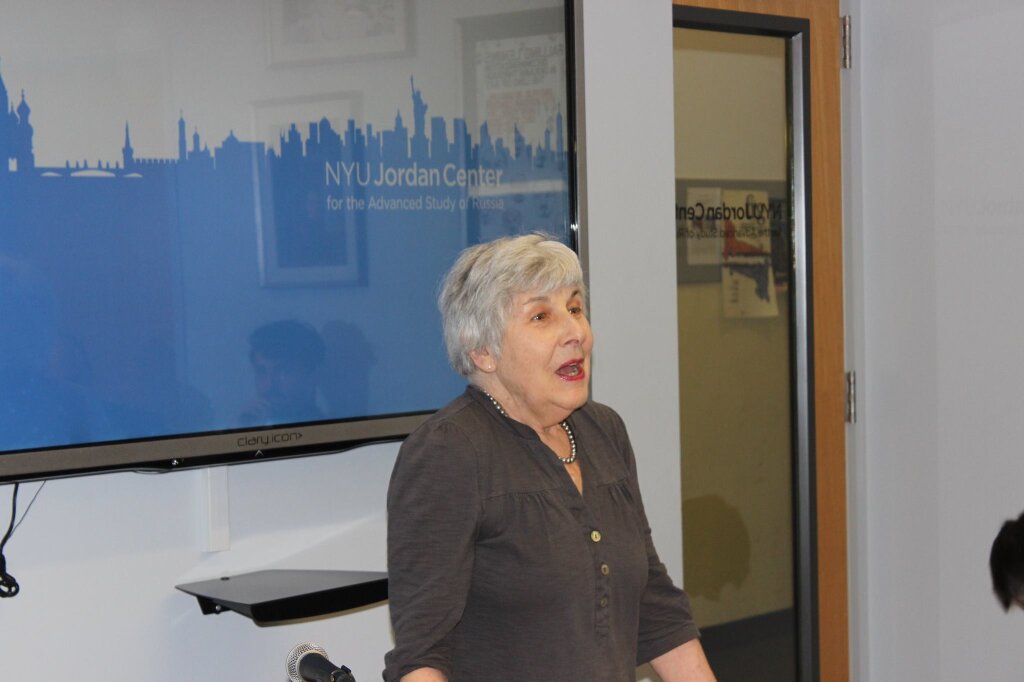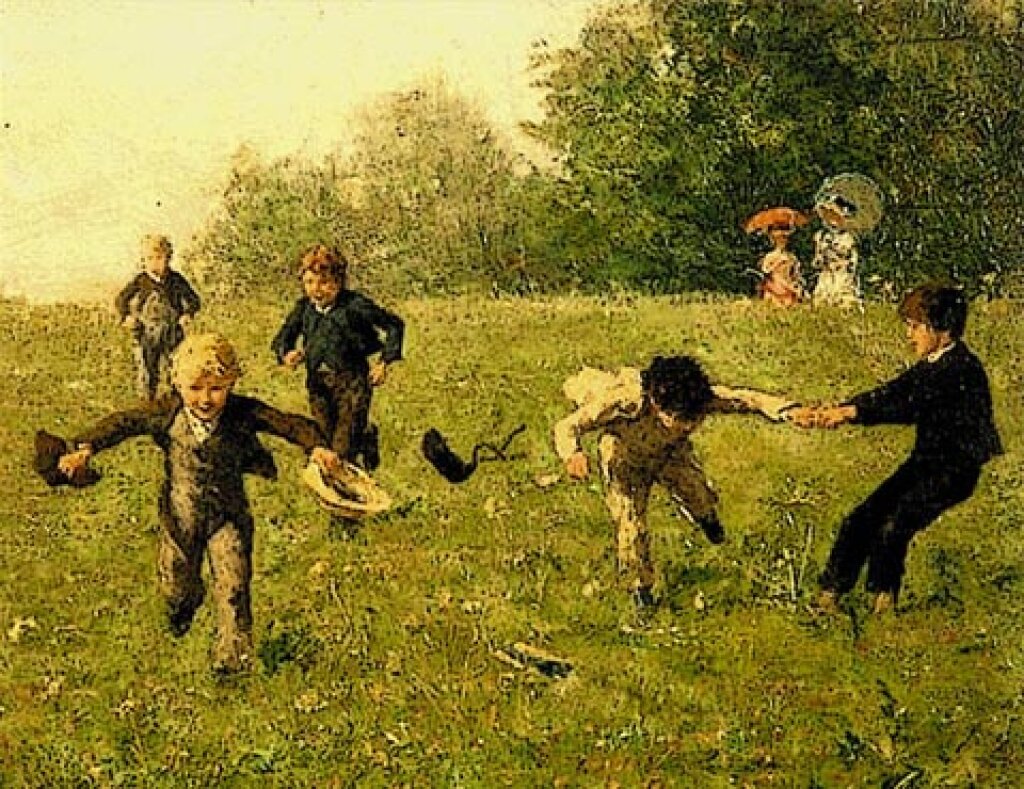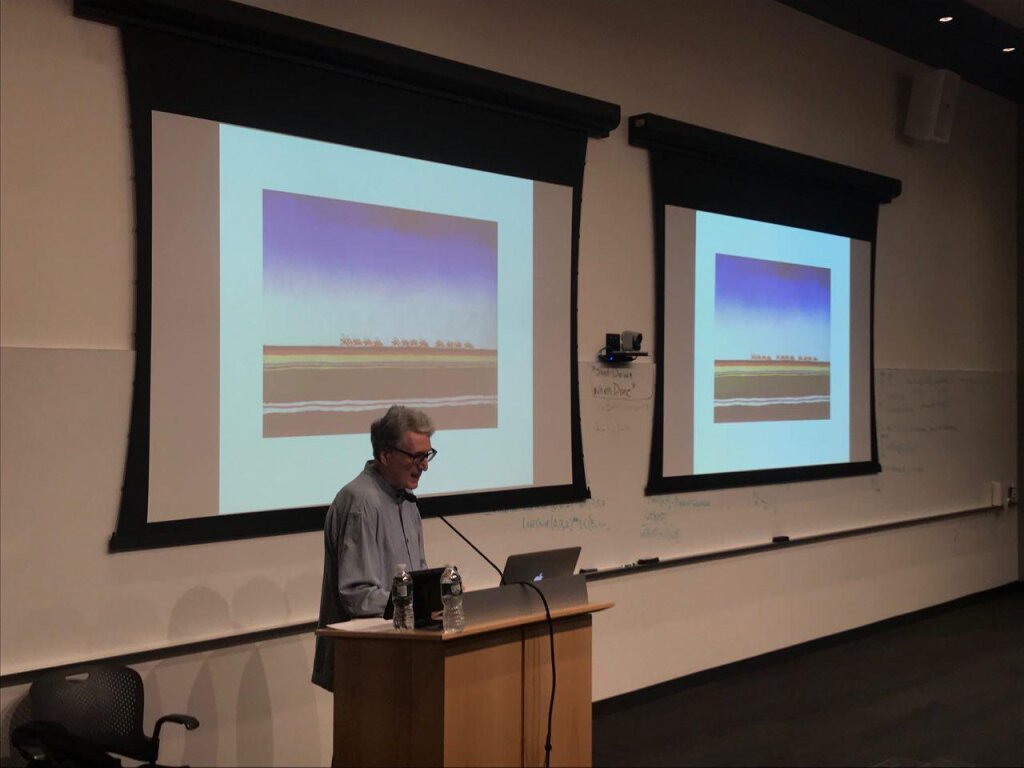Watch the event video here
On December 1st, the NYU Jordan Center hosted, “Was the Russian Revolution a Failure?”, a talk by Sheila Fitzpatrick, Professor at the University of Sydney and Distinguished Service Professor Emerita of the University of Chicago. This talk was the final event in the “100 Year Anniversary of the 1917 Revolution” lecture series, hosted by the NYU Jordan Center and co-sponsored by the NYU Department of History. The talk was introduced by Joshua Tucker, Director of the Jordan Center, and Anne O’Donnell, Assistant Professor of History and Russian and Slavic Studies at NYU.
There are many possible lenses through which to view the Russian Revolution of 1917. During the Cold War, it could have been seen as a “dangerous and frightening success”, rather than a failure. Referencing historian Crane Brinton, Fitzpatrick noted that through the Revolution, “what we’ve discovered is what does not work” as the 1917 events ultimately resulted in a system of dictatorship. It could also be characterized, according to Fitzpatrick, as the “initiation of a cycle of violence that lead to the horrors of Stalinism.” While a plethora of definitions exist as to what the Revolution ultimately signified, all historians admit the importance of the event. It shaped the 20th century and “made the dichotomy between capitalism and socialism its dominant paradigm.”
Fitzpatrick continued by considering the Revolution within the success/failure framework. The notions of revolutionary “success” or “failure” each possess many nuances and therefore perhaps are insufficient as characterizations of a single event. Does “failure” imply non-achievement of revolutionary goals? How do we judge what the goals of a revolution are and what constitutes failure? Moreover, judgments in choosing the “right” story to tell are inherently subjective. According to Fitzpatrick, the specific revolutionary goals of a particular period would determine the definitions of success and failure. For the Bolsheviks, egalitarianism, end of exploitation and overthrow of capitalism constituted these goals, none of which were entirely successful. So where does that leave us?
The Revolution represented a major point of discussion in 2017 conferences throughout the U.S, in commemoration of the centenary. While the Revolution’s failure to create freedom for the people emerged as a major theme, women’s emancipation during this period was barely addressed. According to Fitzpatrick, this disregard can be attributed to scholars’ focus on the failures of the event. “Socialism” is also a term whose meaning sparks great disagreement among scholars. Considering socialism from the practical perspective of state-run industrialization, the system could be said to have succeeded, at least to some extent. Nevertheless, while Soviet economic development might have appeared impressive in the 1930s-60s, the system’s inability to compete with capitalism, particularly in the wake of the information revolution, ultimately led to its demise. Socialism quickly turned into “yesterday’s notion of modernity.”
The Russian reaction (or lack thereof) to the 1917 Revolution suggests ambiguity about its meaning for Russians. Rather than praising or denouncing it, the Russian government uncharacteristically disregarded the anniversary. Moreover, on the Tuesday following the anniversary, a march was held in Red Square to commemorate Russia’s World War II victory, rather than the Revolution. Generally, Putin praises Stalin as a nation-builder and criticizes Lenin for allowing Soviet republics the possibility of secession, thereby failing to bind the union. Nevertheless, the state’s out of character (non)reaction to the centenary may function, according to Fitzpatrick, as a kind of “reconciliation” for the 1917 events.
In contemporary contexts, the Revolution is in some cases viewed as irrelevant or analyzed in a fragmented way. Slavoj Zizek, for example, believes that Lenin’s practice is out of sync with modern times. While we should accept that Lenin’s solution failed, this does not mean “abandoning Lenin.” Until the end of the 1990s, study of World War I was obscured by the Russian Revolution. As former Soviet republics continued to peel off and gain greater independence, there was an increased study of the revolution but one that was simultaneously “fragmented.” Rather than investigating the revolution directly, scholars were studying “around” it in a broader context. Why did there emerge such a lack of focus in regards to 1917? As Fitzpatrick noted, the Soviet Union’s disintegration in 1991 was an “abrupt collapse”, which historians did not predict. Thus, in a way, this guilt resulting from lack of foresight about such a tumultuous event brings us back to the “failure” concept.
Fitzpatrick contended that the collapse of the Soviet Union, and historians’ reactions, demonstrates a belief in “historical inevitability.” There exists a false logic that “big events must be predictable.” Just the fact of being able to “explain” history implies that there is an inevitability of events involved. In the case of the collapse of the Soviet Union, however, explanation was possible only after the event occurred. So how do we as historians cope with this narrative problem? Fitzpatrick concluded by considering that there is a cyclical element in historians’ interest; what they judge as significant at one point in time may arise again later. The fact is that the Russian Revolution is an event too significant to be ignored and Russians’ disregard of the centenary may be damaging for their national consciousness. Russians simply can’t afford to forget this aspect of their past. Nevertheless, Fitzpatrick’s prediction is that in 2117, Russians will repeat the cycle and choose to forget.
Jane Burbank, Professor of History and Russian & Slavic Studies at NYU, wondered about the limitations in looking at revolutions from strictly “domestic” points of view i.e. the Russian Revolution and the French Revolution. Particularly because the Russian Revolution initially pushed ideals of internationalism, would it be productive to encourage a more transnational investigation of the Revolution? Fitzpatrick noted that some of the conferences she attended dealt with “global impact”, but not significantly. She also mentioned views among the International Left in Venezuela, but such voices largely echo socialist views of 1917, rather than offering a varied perspective. Yanni Kotsonis, Professor of History, Russian and Slavic Studies at NYU, brought up the idea that perhaps the revolution was a success but simply a bad idea in the first place. Fitzpatrick accepted this point as a valid argument and reiterated the limitations that exist within the success/failure framework.



